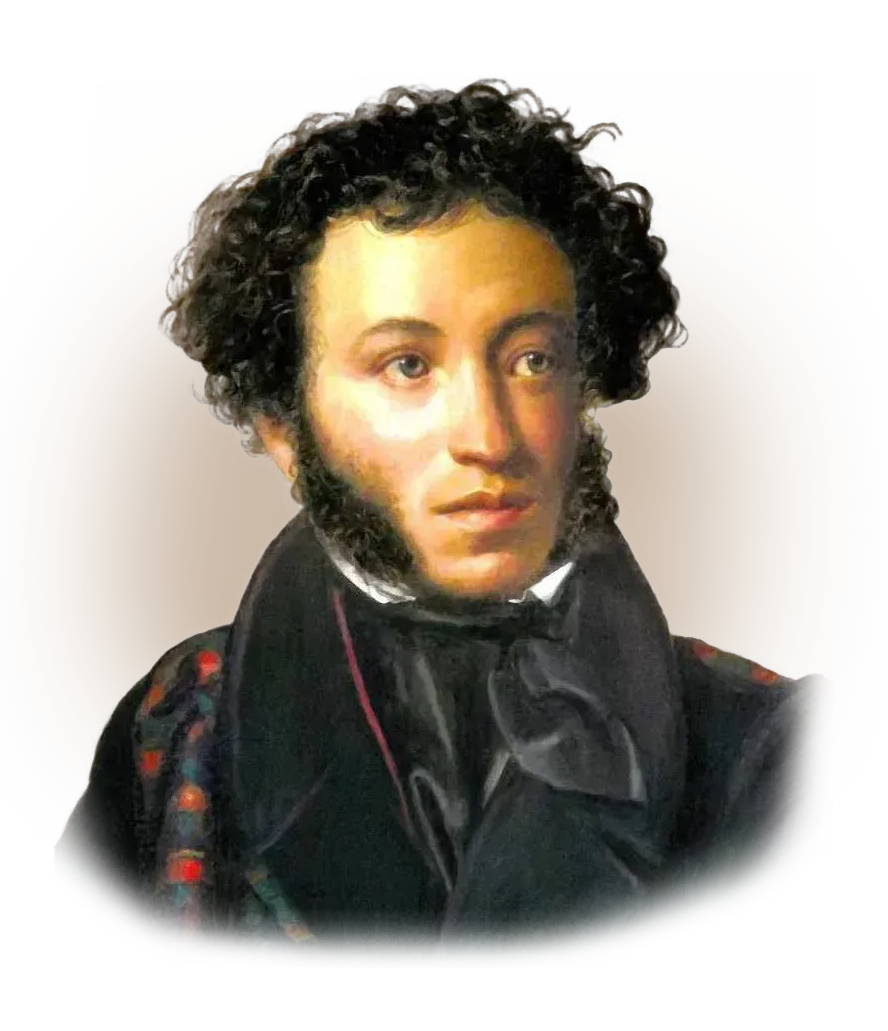
28.12.2023
Alexander Pushkin, an eminent figure in Russian literature, was profoundly influenced by the historical events of his time, and these occurrences left an indelible mark on his literary works. Let’s explore the impact of several key historical events on Pushkin’s masterpieces.
Alexander Pushkin, an eminent figure in Russian literature, was profoundly influenced by the historical events of his time, and these occurrences left an indelible mark on his literary works. Let’s explore the impact of several key historical events on Pushkin’s masterpieces.
Napoleonic Wars
The Napoleonic Wars (particularly the French invasion of Russia in 1812) significantly impacted Pushkin’s perception of patriotism and national identity. His epic poem “Eugene Onegin” subtly reflects the aftermath of these wars, portraying the changing Russian society and the disillusionment of the nobility after the wars.
Decembrist Uprising
The Decembrist revolt of 1825, where Russian nobles protested against autocracy and called for constitutional reforms, had a profound effect on Pushkin’s social and political views. His exposure to the ideals and aspirations of these revolutionaries influenced his contemplation on themes of liberty, justice, and societal change, subtly echoed in works like “The Bronze Horseman.”
Tsarist Censorship and Literary Restrictions
Living under the stringent censorship of Tsarist Russia, Pushkin faced limitations on expressing his ideas freely. His writings often navigated these constraints, using allegory, symbolism, and veiled critique to convey his thoughts on societal issues without overtly challenging the authorities.
Personal Exile and Travel
Pushkin’s forced exile from the capital to his family estate in Mikhailovskoye in 1820 significantly impacted his creativity. This period of seclusion allowed him to delve deeper into Russian folklore and history, inspiring works like “The Tale of Tsar Saltan” and “The Tale of the Golden Cockerel.”
Russian Romanticism and Literary Movements
As a pivotal figure in Russian Romanticism, Pushkin both shaped and was influenced by the literary movements of his time. He experimented with language, form, and themes, incorporating elements of folklore and exploring the human psyche in his poetry and prose.
Imperial Russian Society
Pushkin’s works often reflect the complexities and contradictions of Imperial Russian society. His observations of the aristocracy, serfdom, and the disparities within society are subtly woven into his writings, showcasing the societal norms and struggles of his era.
The historical tapestry of Pushkin’s lifetime—wars, political unrest, censorship, personal experiences—served as a backdrop that informed and enriched his literary creations. His ability to encapsulate the essence of his epoch while weaving timeless themes of love, freedom, and societal change into his works solidifies Pushkin’s legacy as a writer whose artistry was profoundly shaped by the tumultuous historical landscape of 19th-century Russia.




